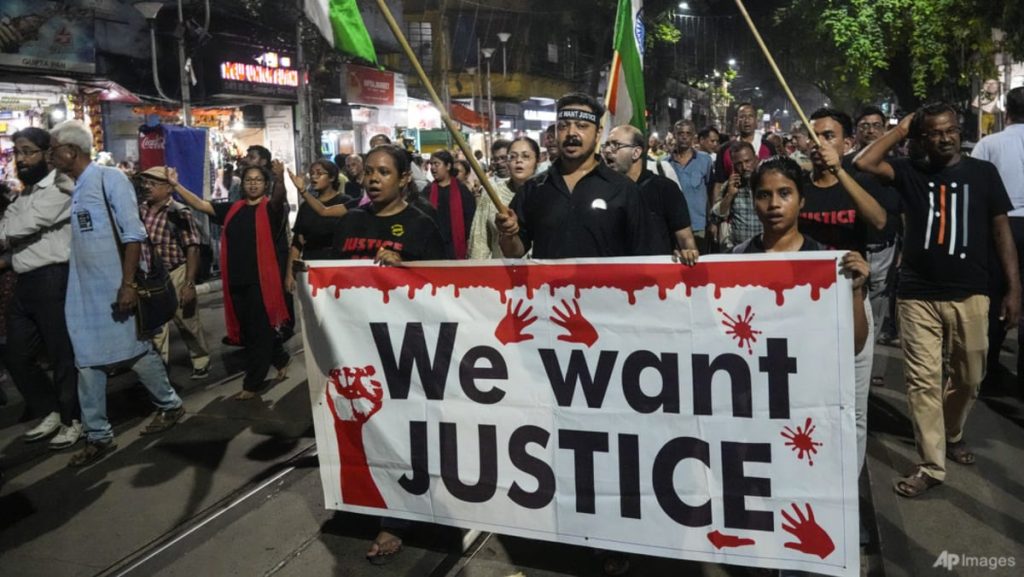Doctors in Kolkata, India went on strike for several weeks in response to a brutal attack on one of their colleagues. Tens of thousands of ordinary Indians joined in the protests, which focused on the lack of measures in place to protect women doctors from violence. While most doctors have now returned to work, a small group began a hunger strike in attempt to push for their demands to be met. The doctors argue that the West Bengal state government has not followed through on promises to increase lighting, security cameras, and other safety measures to protect them.
The Supreme Court of India recently ordered a national task force to examine ways to enhance security for healthcare workers following the attack in Kolkata. The court expressed shock at the brutality of the killing and stated that it had “shocked the conscience of the nation”. The gruesome nature of the attack drew comparisons to the 2012 gang rape and murder of a young woman on a bus in Delhi, which also sparked nationwide protests at the time. This highlights the ongoing issue of violence against women in India and the need for increased measures to protect female healthcare workers.
The strike by doctors in Kolkata has brought attention to the risks that healthcare workers, particularly women, face in India. The demands for improved security measures and safety protocols are crucial in ensuring the well-being and safety of medical professionals. The strike and subsequent protests have shed light on the challenges that women doctors specifically face in an environment where they are often vulnerable to violence and attacks, both within and outside of their workplaces.
The strike in Kolkata and the protests that followed have highlighted the urgent need for action to be taken to protect healthcare workers, particularly women, in India. The failure of the West Bengal state government to implement promised security upgrades has added to the frustration and anger among doctors. The hunger strike initiated by a small group of doctors shows the determination to continue pushing for their demands to be met and for greater protection to be provided to all healthcare workers in the country.
The involvement of ordinary Indians in the protests shows the widespread support for the doctors’ cause and the recognition of the importance of ensuring the safety and security of medical professionals. The comparison to the 2012 gang rape case in Delhi serves as a reminder of the need for sustained efforts to address violence against women and the importance of standing up against such atrocities. The national task force ordered by the Supreme Court indicates a recognition at the highest levels of government of the severity of the issue and the need for comprehensive measures to be taken to protect healthcare workers across the country.
As the strike in Kolkata comes to an end and doctors return to work, the focus remains on the implementation of security measures and safety protocols to protect healthcare workers, particularly women, in India. The protests have sparked a national conversation on the issue of violence against women and the need for better protection for all individuals in the medical profession. The resilience and determination of the doctors involved in the strike and hunger strike show a commitment to ensuring that their voices are heard and that concrete actions are taken to prevent future attacks and ensure the safety of healthcare workers in India.


